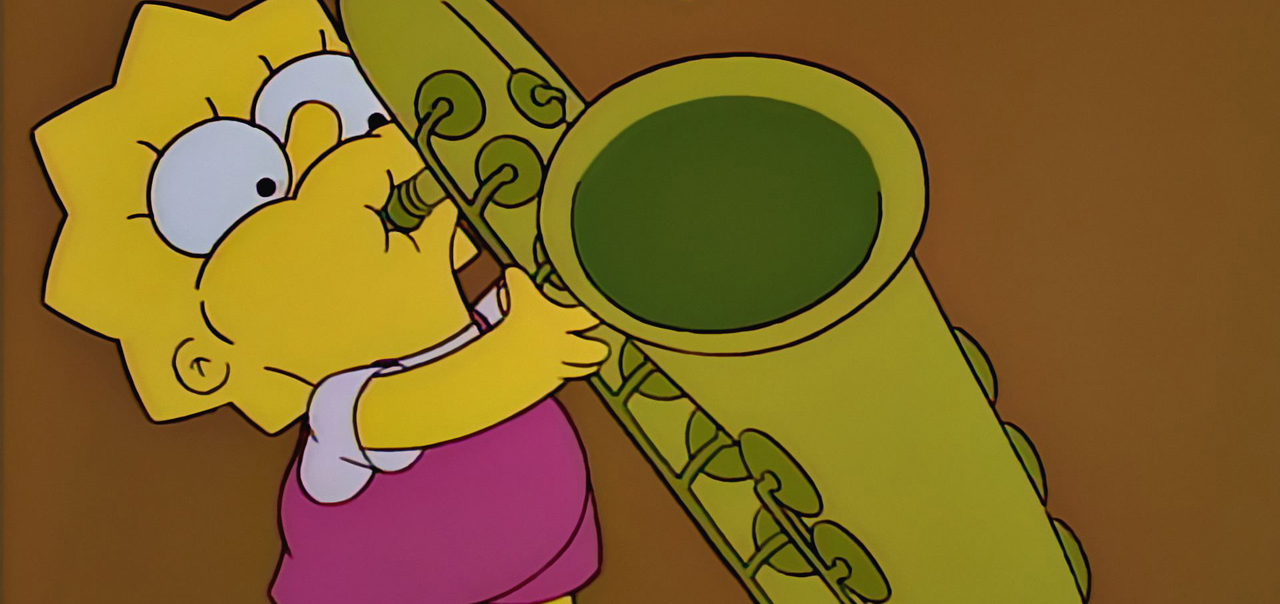TMN Ask A Lawyer: Development deals

TMN Ask A Lawyeris a semi-regular column where our readers receive expert legal advice from a renowned entertainment lawyer.
Q: What does it mean when a label signs an act to a development deal? Do you always have to be young to land one?
A: When an artist shows potential but a label has reservations, they may sign an act to a development deal. The label may then sign the act to a recording contract, or a similar agreement.
Under a development deal, the label may advance the act money to record demos in a studio. Based on the performance of the act, the label may offer the act a record deal. Unfortunately, the label will usually pass on the act. However, the label will still expect to be reimbursed for the costs of recording. As such, the label will often include a right of first refusal in the deal.
A right of first refusal means that the act are unable to use the demo to sign with another label until the initial label is absolutely certain that they do not want to sign the act. Usually, the label has a time period during which it can decide whether or not it wants to sign the act. It is in the acts best interests to keep this period as short as possible.
The label will usually provide that if the label wants to sign the act, the artist must negotiate a recording deal and if an agreement cannot be made, the label gets right of first refusal. This means that a label can match an offer made by a competing label and if it at least matches the offer the act must sign with the original label. The act should try to limit the time period that the label has to accept or reject another offer.
The reality is that record deals are hard to come by, so if an act is offered a development deal and the label is reputable, they should usually take it.
With regards to having to be young to land a development deal, the unfortunate reality is that labels prefer young talent. In a world obsessed with youth, young talent sells (think Bieber and Cyrus). Labels like to develop and mold talent and this usually means that they like their artists’ young.
Today, teen acts dominate the pop music charts. If a teenager has the looks, personality, and musical talent at a young age, and the labels can sign a development deal and then long term contracts with them, it leaves many years for their investment to pay off. The labels may collect revenues from dozens of new acts over the long careers of these teenagers as some of them make the transition into adult superstars.
Of course, we always advise contacting us prior to entering into any documentation with a label. We are always happy to help!
:: ASK A LAWYER – BAND MANAGEMENT
:: ASK A LAWYER – BREACH OF CONTRACT
:: ASK A LAWYER – LABEL SHOPPING
:: ASK A LAWYER – P2P FILE SHARING
:: ASK A LAWYER – WHAT'S IN A NAME?
:: ASK A LAWYER – GIG CONTRACTS
:: ASK A LAWYER – STREAMING EXPLAINED
:: ASK A LAWYER – MUSIC VIDEO COPYRIGHT
:: ASK A LAWYER – THE PARODY LAW
Goodsell Lawyers is the only Australian music and entertainment law firm with a lawyer on staff who is based in Los Angeles. Goodsell Lawyers has worked with prominent US booking agents, such as Paradigm in Beverly Hills. They havealsoworked with artists such as Chingy and T-Pain. Goodsell Lawyers is the only music and entertainment law firm in Australia that offers fixed fees for most matters.
To read more about Gene Goodsell and get in contact, visit the firm’s official website: http://bit.ly/GOODSELLLAW.
Gene tweets at: @GoodsellLawyers

































